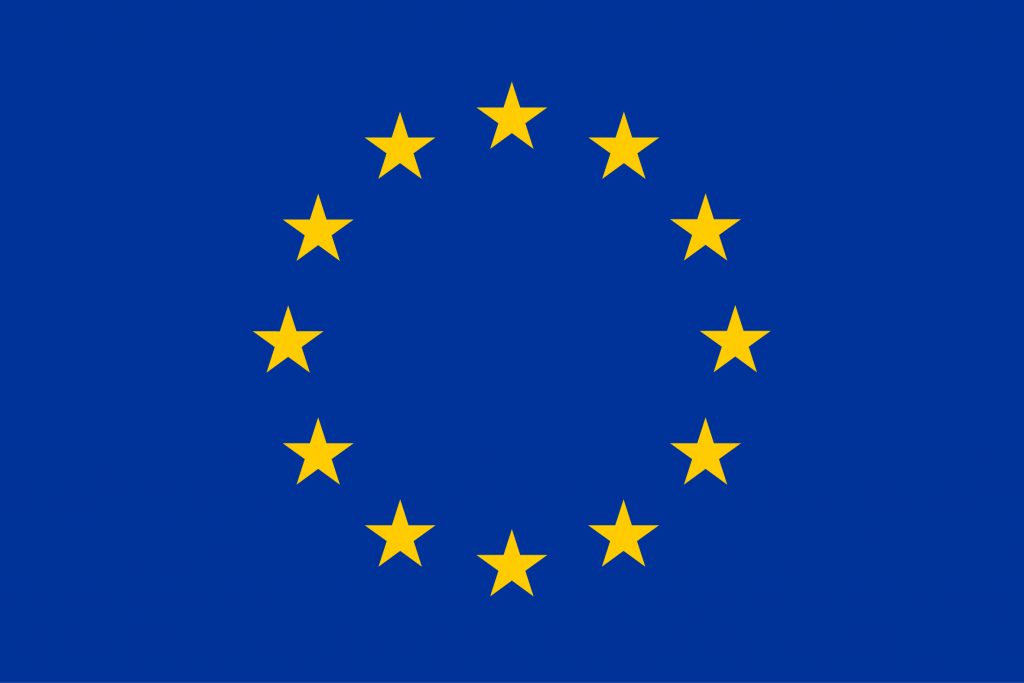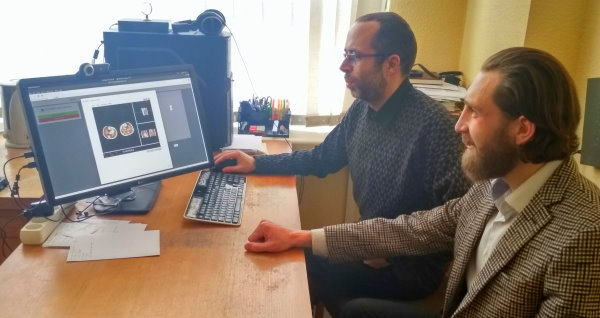RD-MRI network
In 2019, CRIS was successful in an EU Horizon 2020 pilot project for SMEs entitled “Bridging the gap between academia and clinical trials for the development of rare disease treatments via nuclear magnetic resonance imaging (MRI)” This project has now completed Phase 1 and the summary report is provided below.
SME Instruments Phase 1 report
The RD-MRI network project aims to promote the use of imaging, and more specifically magnetic resonance imaging (MRI), as an outcome measure for the evaluation of novel therapies in rare disorders. Rare disorders (RD) are by definition rare, but they are so numerous that up to 30 million patients are affected by RD in the European Union. More and more innovative therapeutic options for RD are being developed and marketed and each one needs to be carefully evaluated, preferably with non-invasive tools. Quantitative MRI is an extremely useful tool to achieve this goal. First, the RD-MRI network will connect clinical sites and offer expertise and tools to implement protocols and processes for RD monitoring and evaluation with imaging solutions. Second, the network will propose highly specialized services to the pharmaceutical industry. It will enable industry partners to use MRI as a secondary or even as a primary outcome in multicentre clinical trials with solutions tailored to their needs while being fully compliant with regulations.
An extensive search was conducted to identify RD with an incidence/prevalence high enough for the organization of a multicentre trial and with pathological features that could be monitored by imagery, and in particular by the imaging tools available in the network. For this selection of RD, almost one thousand ongoing interventional phase 2 trials were counted and more than two hundred drugs with orphan designation are registered. All these data confirmed the existence of a vast market for the use of imaging as an outcome measure in RD.
The development of a proprietary data management environment was pursued and a prototype is currently being tested. A web service for academic collaboration has been installed and is ready to be used. Unique artificial-intelligence-based processing tools have been validated and will be incorporated in the network portfolio.
Based on the market size and potential growth, a recruitment plan was established and financial estimates have confirmed the viability of the RD-MRI network.
The RD-MRI network will promote a unique multi-level collaboration between the pharmaceutical industry, clinical research and academic teams specialized in imaging methodology, signal processing and artificial intelligence. The long-term objective is to shorten the therapeutic development cycle through early non-invasive demonstration of efficacy with imaging outcome measures. The same tools might facilitate the generalization of precision medicine, with a direct impact on the management of millions of RD patients.

This project has received funding from the European Union’s Horizon 2020 research and innovation programme under grant agreement No. H2020-SMEINST-888341
